UK Power Networks
How UK Power Networks aims to reduce supply chain emissions by 25% using the Minimum Environmental Data Platform
Company details
6,000
>£1.8bn
Electricity distribution
Benefits unlocked
Executive Summary
- UK Power Networks leveraged Minimum to track progress toward its Science-Based Target of reducing supply chain emissions by 25% by 2028/29.
- Transitioning from spend-based to activity-based footprinting with Minimum resulted in a c. 20% reduction in emissions, compared to the UK Power Networks’ baseline.
- Minimum's tailored surveys and automated platform streamlined supplier collaboration, enabling UK Power Networks to collect high-quality emissions data from over 150 suppliers, at a record c. 90% supplier engagement rate.
- Using the Minimum platform, UK Power Networks was able to identify the top 12 suppliers responsible for c. 20% of their supply chain emissions and create carbon reduction action plans with these critical vendors.
- Data-driven insights pinpointed aluminum and diesel as major emissions sources.
Granular Carbon Data for the UK’s Largest Electricity Distributor
UK Power Networks, the UK’s largest electricity Distribution Network Operator (DNO), delivers power to 8.5 million homes and businesses across London, the South East, and East of England. As a regulated company serving c. 20 million people, UK Power Networks increasingly felt it was important to accurately measure and reduce its supply chain emissions. As part of their verified Science Based Target, they need to work with suppliers to reduce supply chain carbon emissions (scope 3) by 25% by 2028/29, compared to a 2018/19 baseline.
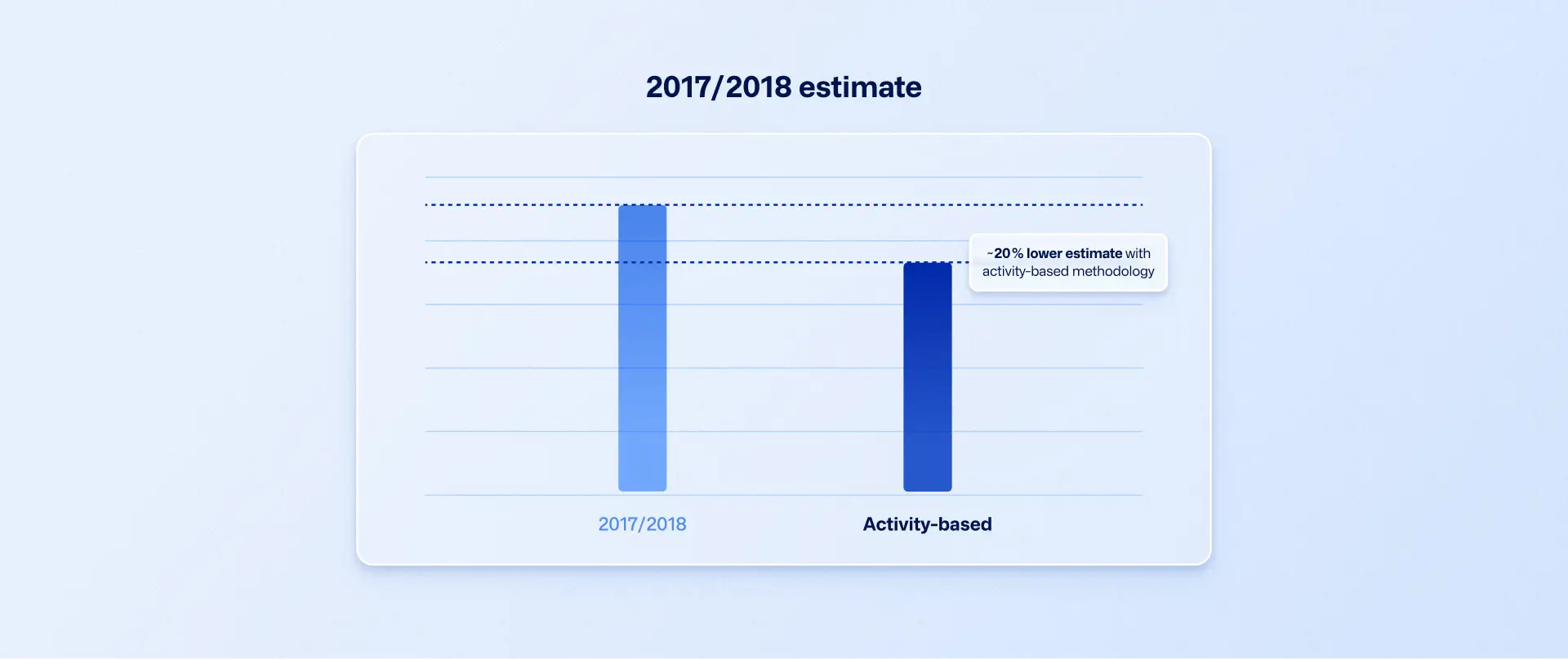
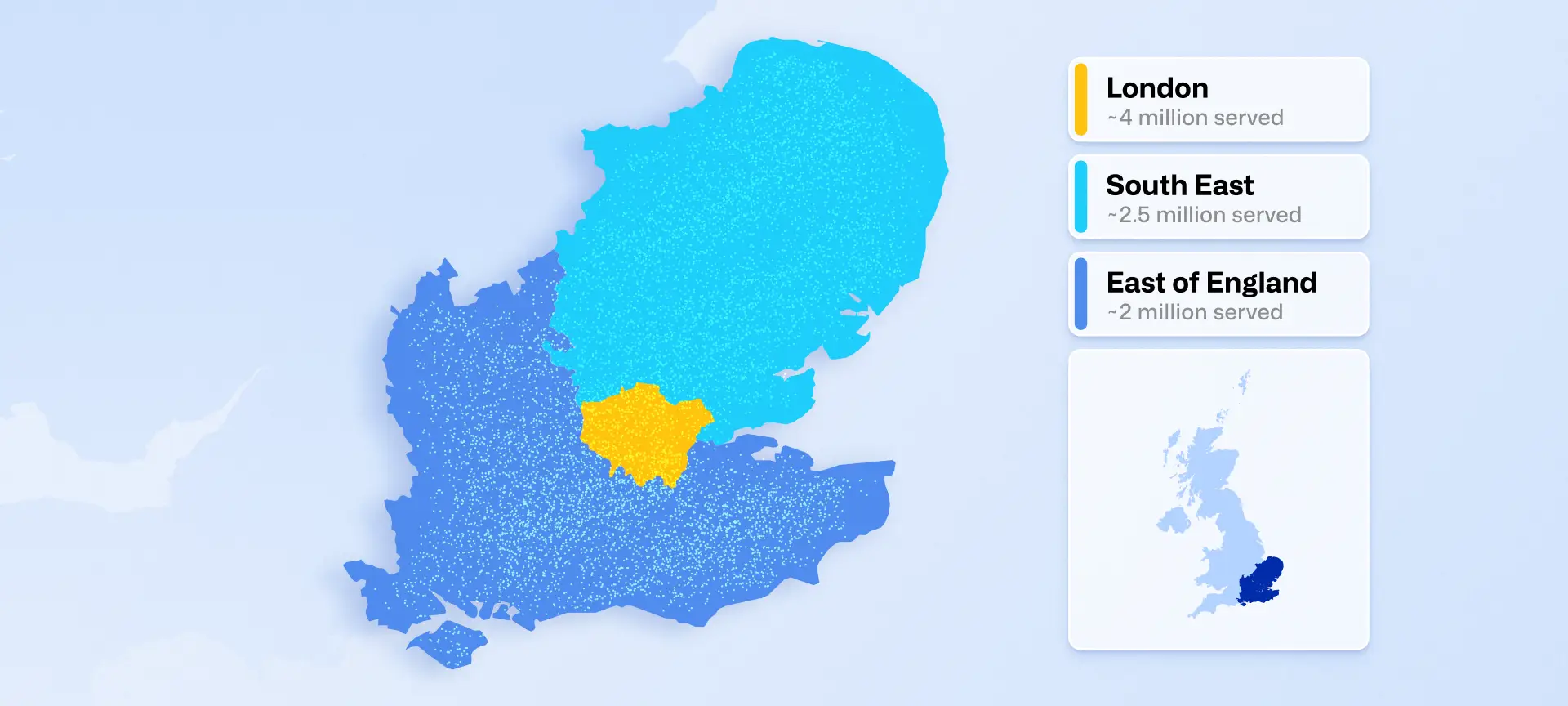
In 2023, the company still relied on a spend-based carbon footprinting approach, which highlighted potential suppliers to talk to, but lacked the granularity needed to prioritize decarbonization initiatives. With data from over 150 suppliers to collect and consolidate, the effort to engage suppliers and move to an activity-based approach would have been unmanageable for the small Sustainability team amid the function’s many duties.
The Right Technology, with the Right Partners
UK Power Networks chose to partner with Minimum to engage suppliers effectively, improve data quality, and focus efforts where these would have the most impact. The Minimum platform is encoded with all the relevant calculation methodologies and includes comprehensive emissions factor databases. The system could be tailored to the company’s complex operational structure, enabling precise mapping of boundaries and accurate data collection. This level of customization and precision was essential for UK Power Networks, whose previous approach lacked the granularity required for effective carbon management of their supply chain.
Beyond its technical capabilities, Minimum’s implementation team brought extensive sustainability expertise to ensure the complexity of UK Power Networks’ supply chain could be managed accurately and efficiently. Given the team’s experience at the likes of the Carbon Trust and CBRE, they trusted their ability to leverage the Minimum platform to deliver results.
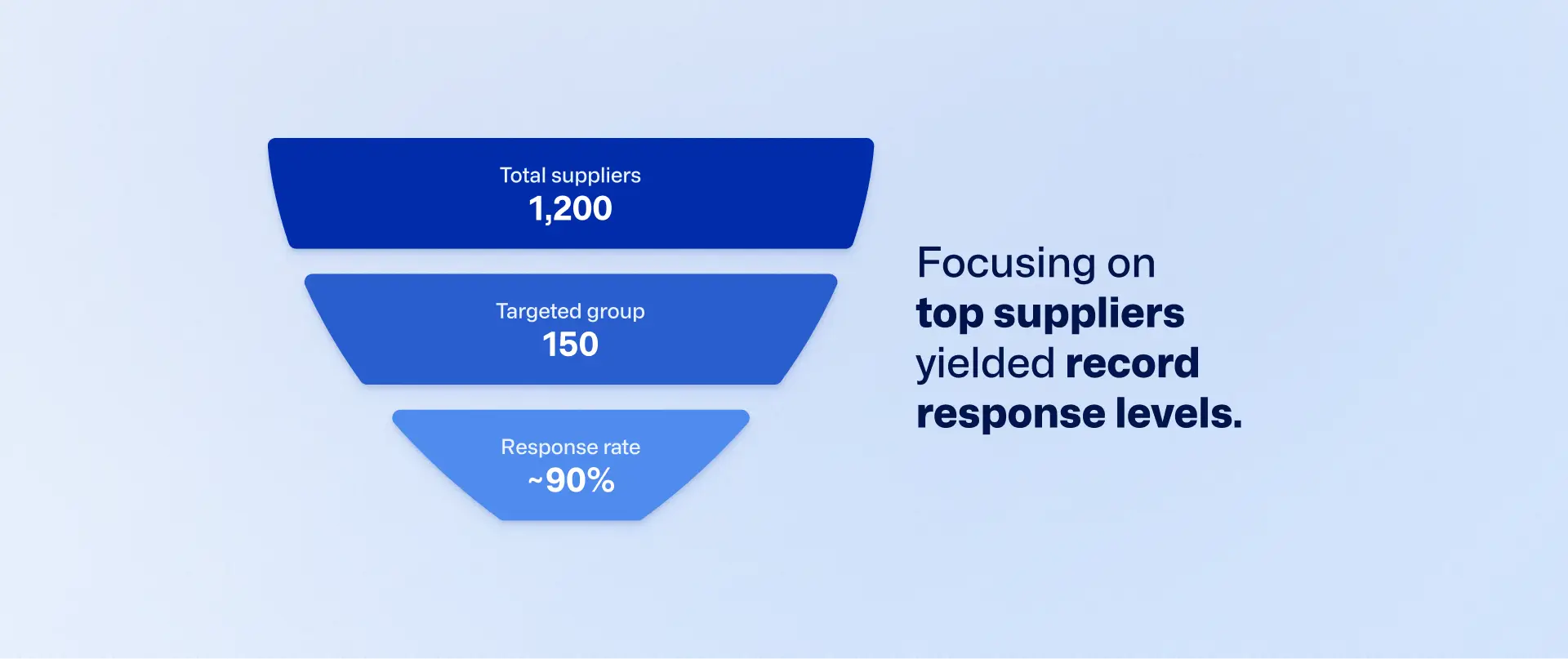
A New Level of Engagement from Suppliers
The Minimum team collaborated closely with UK Power Networks to develop highly tailored surveys in the platform, create a plan to engage suppliers, and support them throughout the process. Suppliers entered the required data directly into Minimum, reducing the project management burden of data collection for the electricity firm. As a result, an unprecedented c90% of the 150+ suppliers submitted responses.
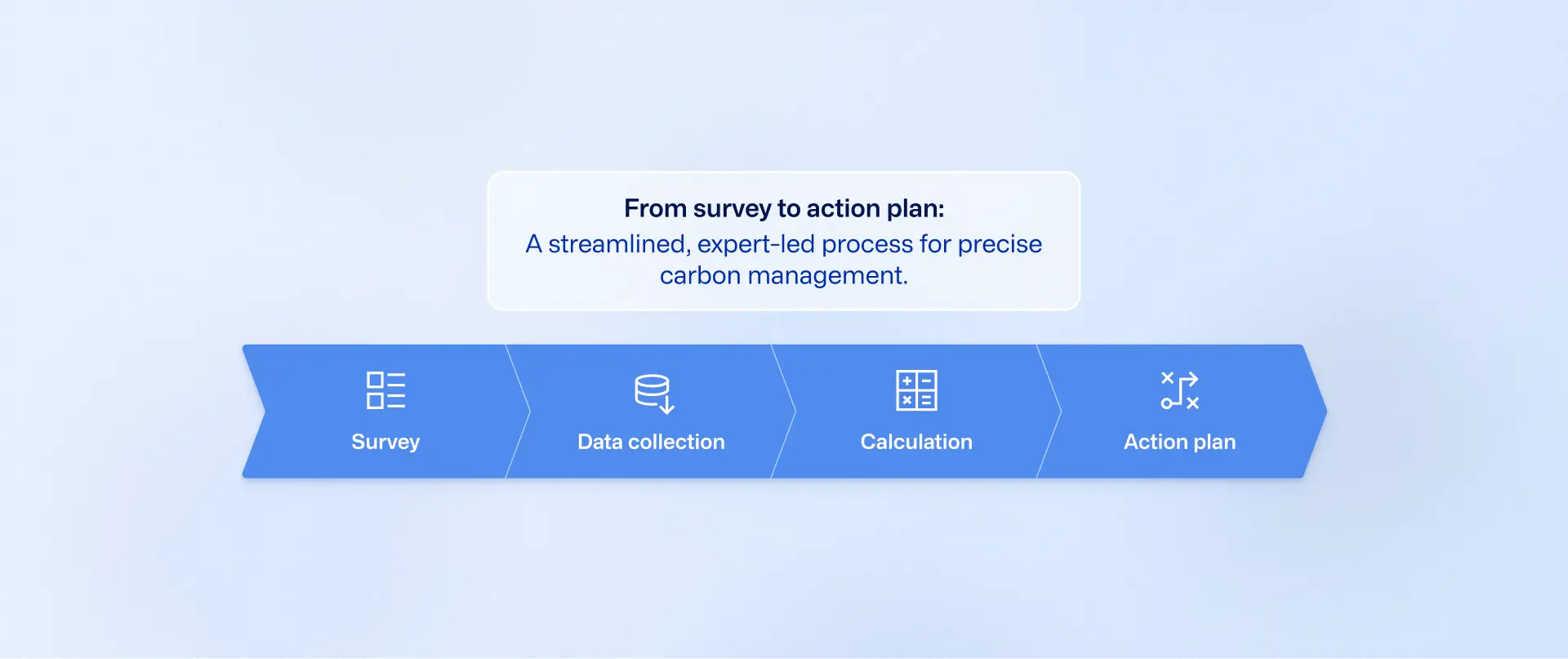
These c150 suppliers were targeted out of the c1200 supply base as they were identified as accounting for c80% of the supply chain carbon. Thus, UK Power Networks knew that engaging with these suppliers would most effectively result in reductions.
By leveraging the Minimum platform, UK Power Networks moved from spend-based calculations to a significantly more precise activity-based approach with suppliers - they wouldn’t have been able to make this switch without Minimum’s support. Suppliers used Minimum's fully customizable supplier engagement module to share information about their company’s sustainability journey as a whole and activity data associated with delivering their contracts to UK Power Networks. Due to Minimum’s flexible methodologies, they were able to either use the activity based method or modelled spend based approach, depending on the quality of the supplier data. This included already calculated ‘cradle-to-gate’ emissions for products, or activity data for contributing materials and logistics which Minimum used to calculate emissions based on industry average emission factors.
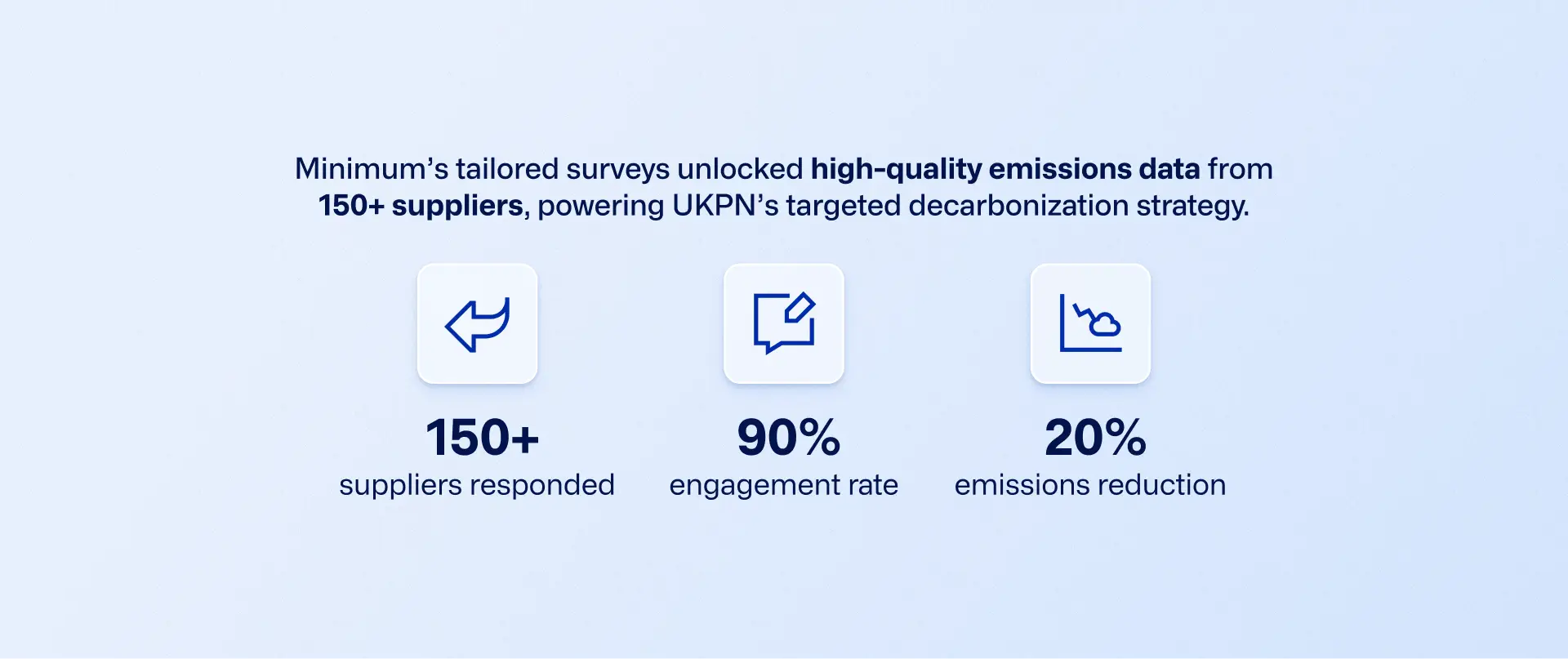
Identifying Material Carbon Emission Hotspots
The higher quality data and change in methodology from spend to activity-based footprinting resulted in a c20% reduction in footprint compared to UK Power Networks 2018/19 baseline. This highlighted that although the previous methodology likely overestimated the footprint, perhaps more sustainable procurement choices had already been making some impact and also recognized their suppliers’ lower carbon intensity relative to the industry average.
Another key benefit of this transition was the ability to pinpoint carbon-intensive suppliers or materials in their supply chain. The survey data revealed that aluminum used in electricity network equipment, such as transformers, switchgear, and cables, and diesel used in logistics and plants significantly contributed to their supply chain emissions, highlighting a clear opportunity for targeted decarbonization in the supply chain.
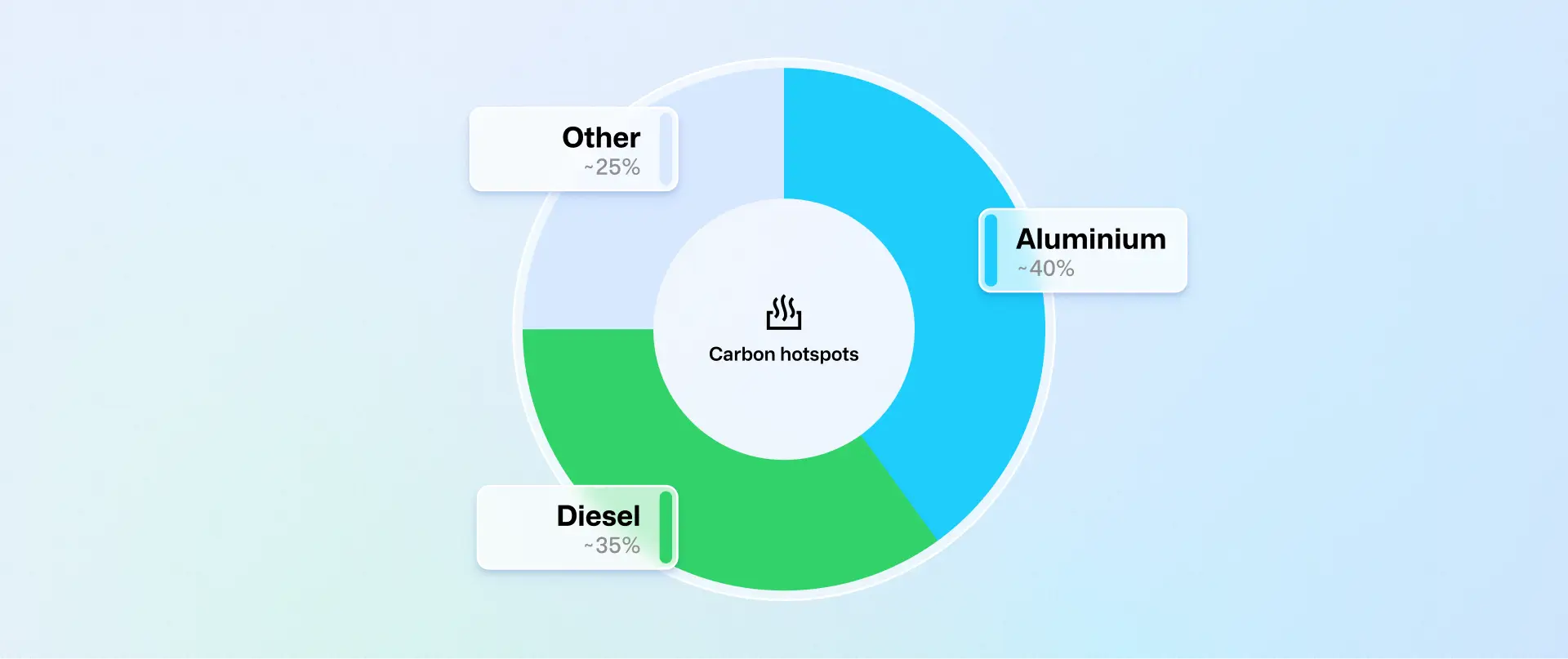
The Decarbonisation Network Effect
UK Power Networks used Minimum to identify its top carbon-emitting suppliers, accounting for c20% of their supply chain footprint. The electricity firm collaborated with suppliers to create carbon action plans to encourage them to progress in their sustainability journey. The completeness and granularity of data submitted by suppliers were assessed and ranked, leading to improved data quality. Suppliers identified key categories and materials contributing significant emissions, which provided invaluable insight into how they can actively partner with UK Power Networks on decarbonization initiatives.
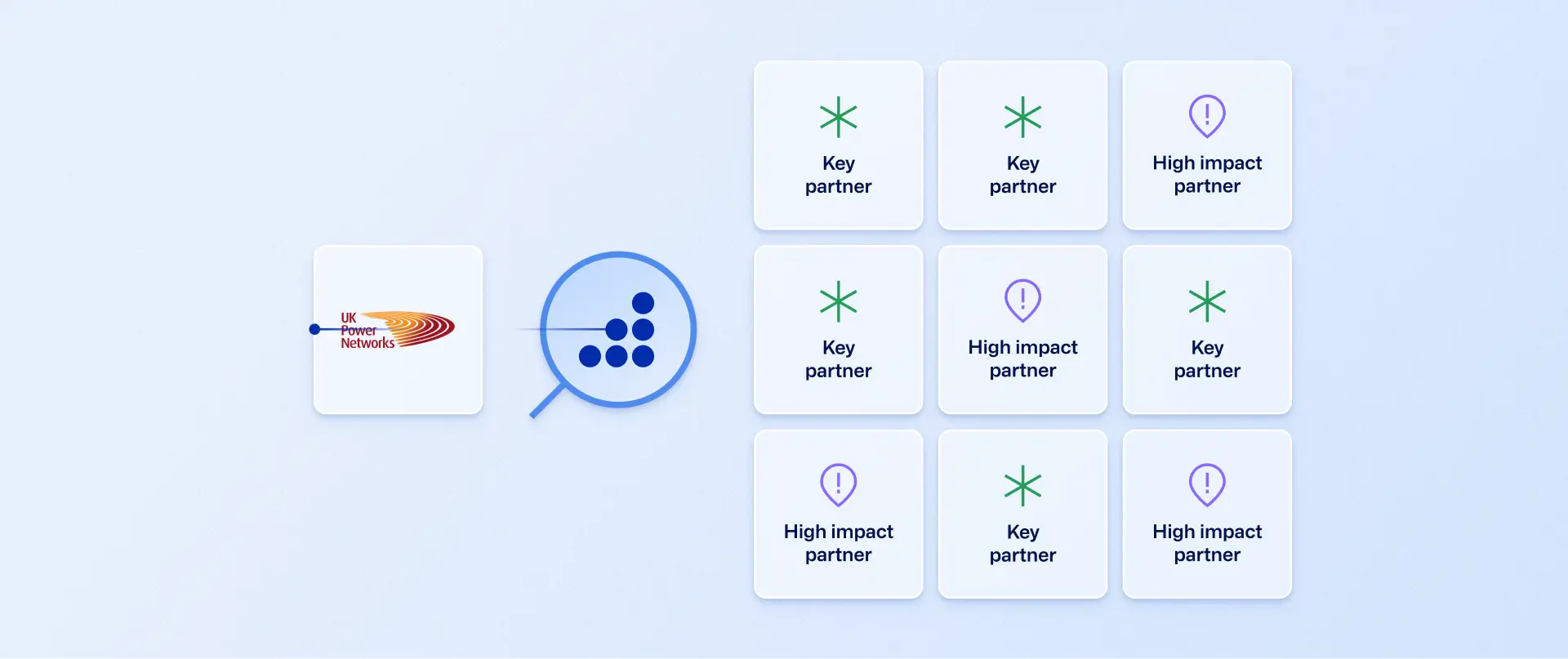
UK Power Networks’ partnership with Minimum has redefined its approach to supply chain sustainability. The combination of innovative technology, expert guidance, and supplier collaboration has positioned UK Power Networks as an industry leader, contributing insight into emissions-intensive materials and encouraging its network of suppliers to progress their sustainability journey. Their fantastic efforts have been recognized through nominations for the Edie Awards, Utility Week Awards and UK Green Business Awards.
By transforming its carbon accounting processes, UK Power Networks has not only advanced its decarbonization goals but also set a new standard for the energy sector.
"The Minimum platform allowed us to move from spend-based to activity-based footprinting, which meant two things: increased visibility of our carbon hotspots, and a much more accurate footprint. These were key points of difference for us.”
Katherine Jennings, Continuous Improvement Manager, UK Power Networks
“The detailed activity-based footprints we are now getting from suppliers enable us to see where our carbon hotspots are and work with our suppliers to reduce them.”
Philip Spiby, Sustainability Advisor, UK Power Networks
“Measuring scope 3 emissions can be daunting with the focus often stuck on the impossibility of measuring all variables perfectly. Working with Minimum has enabled us to develop an effective methodology for determining our scope 3 footprint, in turn allowing us to target our efforts on meaningful change, both within our own organisation and our supply partners.”
Mark Norman, Head of Environment and Sustainability, UK Power Networks




